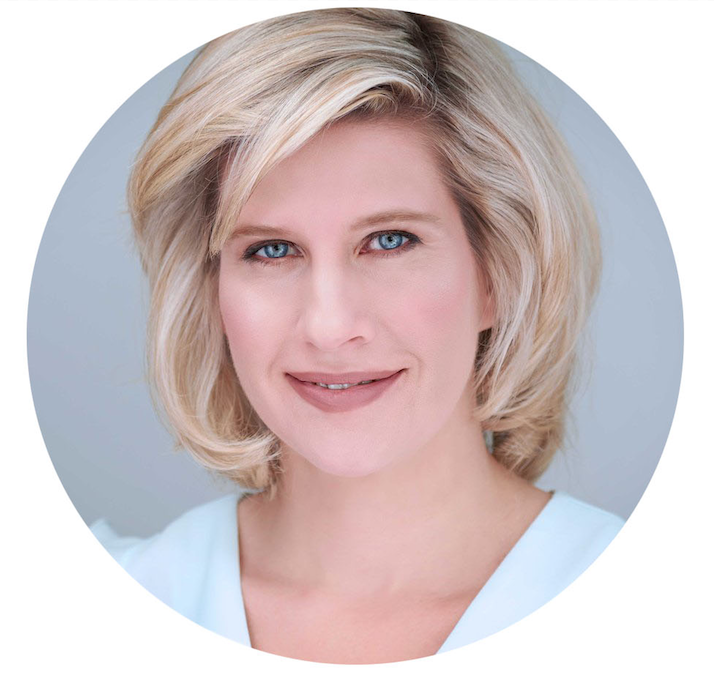5 tips for parents to start the talk about mental health (Part 2)

1. Don’t rush to fix their problems
It never feels good to see our children experiencing emotional pain. So, our instinct is to try to make things better for them. But Dr. Kiefer says: “when we do that, we imply feelings such as sadness, anger, and disappointment are ‘bad.’ But that’s not true; all feelings are normal and temporary: they come and go.”
Instead of trying to “fix” their “problems,” we should “model to our children healthy ways to experience and process feelings,” Dr. Kiefer suggests. “Emotion-focused family therapy strategies suggest that children feel better when their parents attend to, label, and validate their emotions before problem-solving. It makes children feel like their parent ‘gets it’ and they aren’t alone.”
2. Take their perspective
Your child’s experience is unique to them. With our adult point of view, we don’t always see things the same. “Try to empathize with your child’s feelings, even if you do not understand,” Dr. Kiefer recommends. “Otherwise, you run the risk of minimizing your child’s feelings and communicating that something they consider troubling and distressing is no big deal, silly, or pointless. That does nothing to help them develop positive coping strategies.”
3. Consider when it may be time to talk with someone else
Plenty of children struggle to talk about certain issues or don’t feel comfortable sharing particular things with their parents. So, Dr. Kiefer says parents shouldn’t feel afraid or embarrassed to get help. Mental health professionals are trained to listen from a neutral point of view and know strategies that can help address your child's needs.
Most importantly, we need to remember that seeking help doesn’t make us bad parents! In fact, it makes us great ones. It shows our kids we care about them, want to help, and that we know there is nothing wrong with speaking openly about mental health.
At the Y, we’re dedicated to making our communities home to the healthiest children, teens and young adults. That’s why we offer accessible resources on our blog and website to help families raise healthy kids. To learn more about how YMCA Child Care offers kids a strong start to a great future, please visit our website.
About Dr. Heidi Kiefer Ph.D., C. Psych.

Dr. Heidi Kiefer, Ph.D., C. Psych., is a clinical child and adolescent psychologist. At Holland Bloorview Kids Rehabilitation Hospital of Toronto, she primarily works within the Child Development Program. Her focus is developmental assessments with children under 5 years of age to explore queries related to Autism Spectrum Disorder, Intellectual Disabilities, and other delays. Dr. Kiefer also works in private practice within Toronto and Oshawa, where she engages in individual and family therapy, parent counselling, and consultation services. She is an advocate for reducing the stigma related to mental health and advancing public funding for universal access to mental health services. Knowing how brave children and families are in seeking support, Dr. Kiefer is mindful of using creative and empathic practices to build rapport, understand experiences, and help them feel that they are not alone. To stay up to date with Dr. Kiefer or to connect with her, please follow her on Twitter.











